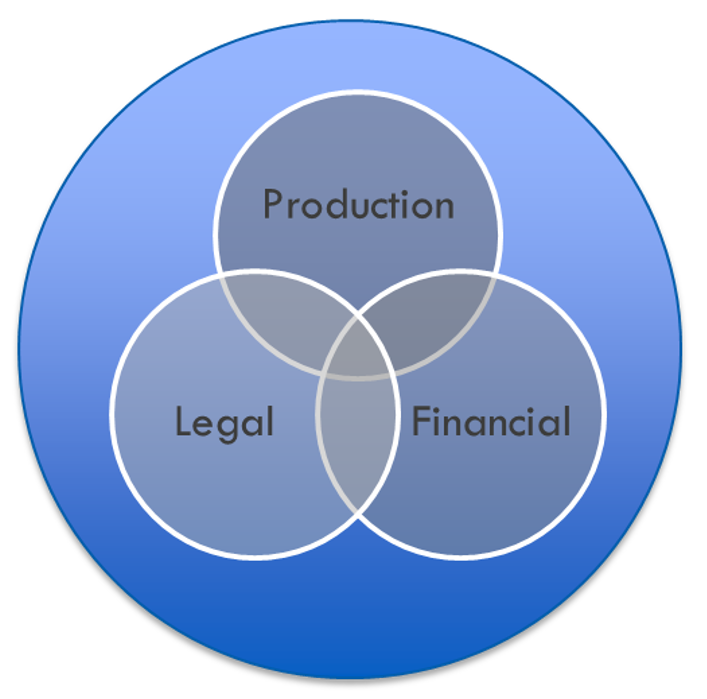An INFORMATION System
An INFORMATION System

Recordkeeping. Root canals. Airline seats. Kidney stones. Boring relatives. Wet dogs
None of them are pleasant. Some should be avoided. Some of them are pretty important though. Keeping records for the farm business, for instance. Not pleasant (usually) but certainly important.
Offer an Extension meeting on recordkeeping and participants stay away in droves. The very term conjures up images of stacks of receipts and bills, columns of numbers, and outcomes that will always be unpleasant. If you made money, you have to pay taxes. If you didn’t make money, you can’t pay your bills. It’s no wonder the task gets delayed, put off, or outsourced…but it can’t be ignored.
Recordkeeping is often too narrowly defined and restricted to the financial side of the business. Have to file taxes, have to get loans. Both require some of the same information. What did you make (revenue) and what did you spend (expenses)? The questions whose answer is the profit on an income statement and/or a Schedule F. What do you own (assets) and what do you owe (liabilities)? The questions whose answer is the net worth or owners equity on the balance sheet.
The financial records are important for sure. However, they are only one of three overlapping information subsystems needed to manage the business effectively. Rather than thinking of “records” or “recordkeeping,” let’s think about “information systems” and financial is just one of them. The Information System consists of Financial, Production, and Legal subsystems that are different enough to be thought of separately, but similar enough to have major overlaps. Further, they reside in the larger circle of “everything else you need to know.”
Figure 1: Relationship of Production, Legal, and Financial Subsystems

Production
The stuff that’s fun. Soil maps and rainfall records. Facility layout and design. Labor efficiency. Input selection. Yields maps. I can remember a crop yield from 1983, but forgot my anniversary this year.
Legal
Boring but important stuff. Contracts. Wills, Deeds. Tax Returns. Loan documents. This is information that usually is developed and used infrequently. But when it’s needed, it’s really important. Legal information needs to be stored securely and easily retrieved. All this important stuff needs to be in a safe and secure place, and more than one person needs to know where that place is.
Financial
More than taxes and loans. While the major incentive for good financial records is often the need to file accurate and timely tax returns and loan applications, there’s more to it than that. The financial information subsystem is the barometer of the health and sustainability of the business. Accurate and consistent financial reports can describe trends and can help predict the future. A colleague has said, “The answers may not be in the financials, but the questions sure are.”
Substitute the term “Information” for “Recordkeeping.” An Information System integrates all the data from Production, Legal, and Financial subsystems the manager needs for timely and informed decision-making.
And integrate it does. Enterprise budgets will require input levels and anticipated yields from Production combined with price and cost data from Financial. Another colleague used to say, “When you’re looking at production, think financial. When you’re looking at financial, think production.” Another overlap: labor management may utilize labor efficiency from Production, wages from Financial, and withholdings from Legal. I can go on, but you get the point.
The point is that it’s an integrated INFORMATION SYSTEM with outputs that can meet financial and legal requirements, but it’s more important as a decision support system.
Finally, I’ve been asked hundreds of times, “What’s the best records system for me?” The answer is always, “The one you will use.”
Recommended Citation Format:
Isaacs, S. "An INFORMATION System." Economic and Policy Update (23):7, Department of Agricultural Economics, University of Kentucky, July 28, 2023.
Author(s) Contact Information:
